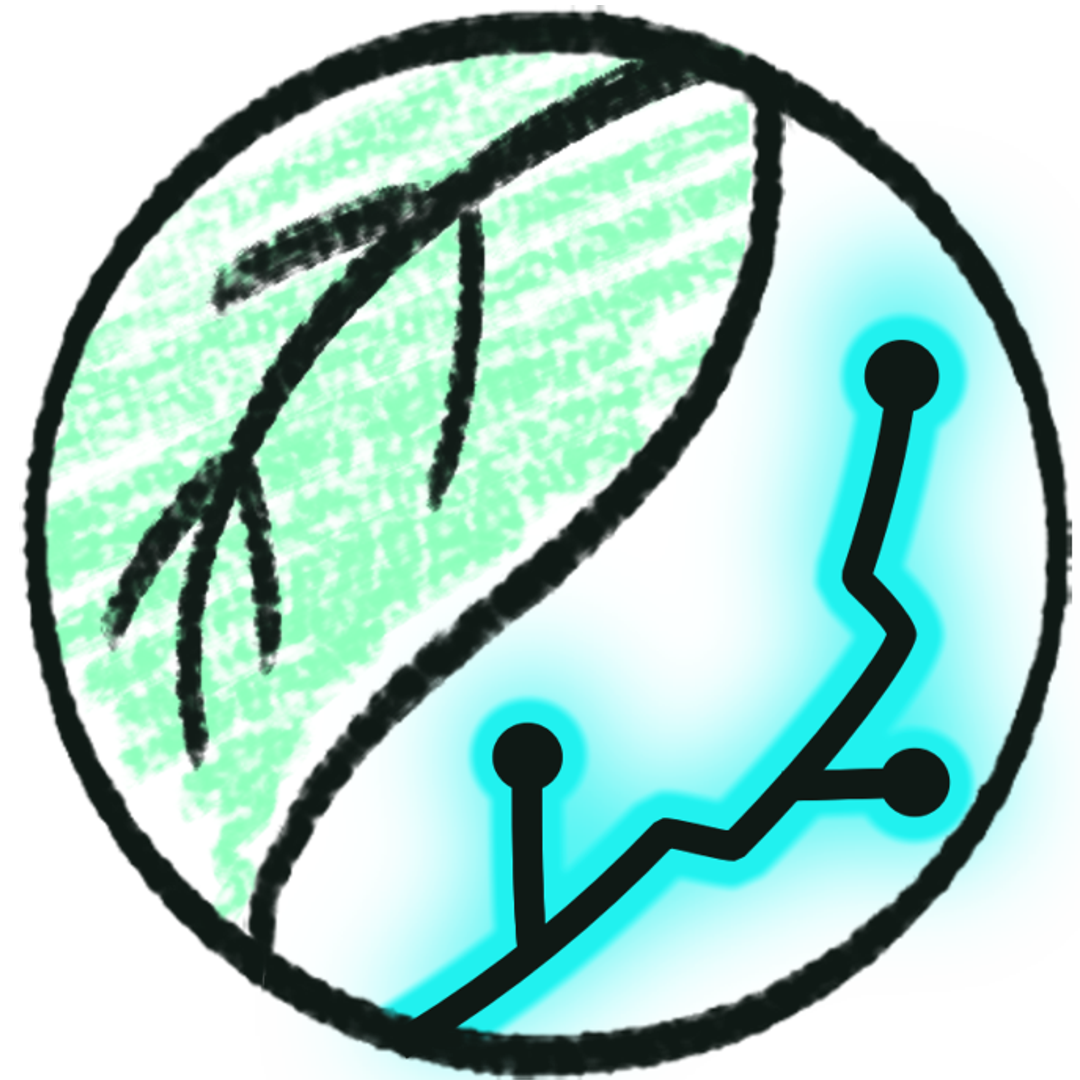Partners
The project team consists of 6 partners from 5 European countries (Iceland, Greece, Germany, Belgium, and Spain)
-
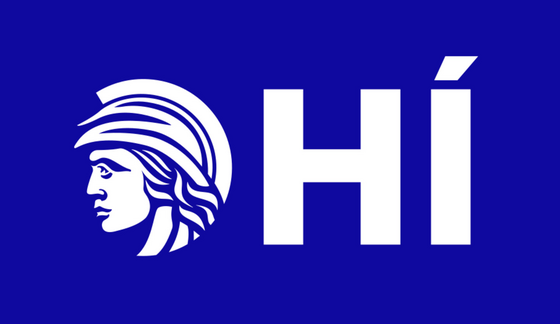
Háskóli Íslands
The University of Iceland (UI) is the leading institution of research and higher education in Iceland; it is a progressive educational and scientific institution, renowned for research in the global scientific community. The University of Iceland is a state university, situated in the heart of Reykjavík, the capital of Iceland. A modern, diversified, and rapidly developing institution, the UI offers opportunities for study and research in 400 programs, spanning most fields of science and scholarship. The UI is organized into five schools: Social Sciences, Health Sciences, Humanities, Education, Natural Sciences, and Engineering. About fourteen thousand students are enrolled and around thirteen hundred staff and faculty are in its employ.
The School of Education at the UI, educates teachers for preschools, primary schools, and upper secondary schools, sports and health sciences, social educators, and leisure professionals. All academic programs at the School of Education are strongly linked to the workplaces of those professions the school educates, such as schools and other societal institutions. The programs provide a wide range of professional options and serve as a good foundation for further studies.
The School of Education is divided into four faculties: the faculty of Education and Diversity, the faculty of Education and Pedagogy, the faculty of Health Promotion, Sport and Leisure Studies and the faculty of Subject Teacher Education. The School of Education is the principal institution in the fields of education and training in Iceland, and has around 1.333 students enrolled in undergraduate programs, and an increasing number of master’s and doctoral students. In the year 2019, there were 54 doctoral students and 1.089 master’s students doing their graduate degree training at the School of Education, many from other European countries. The School of Education also hosts vibrant exchange student programs. At the School of Education diverse research is carried out in the field of education, pedagogy and training for the purpose of creating new knowledge for the benefit of society. The faculty at the School of Education comes from diverse scholarly and vocational disciplines, providing a truly interdisciplinary training and research in the field of education. As a result, research collaboration is common, both fdomestically and with researchers and teams in Europe. Emphasis is placed on a strong support service for teaching, -
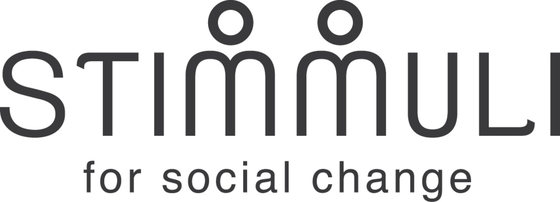
Stimmuli for social change
Stimmuli is a non-profit organisation envisioning to inspire future education and ignite positive change in society. To achieve its mission, the organisation designs and implements educational and empowerment projects that cultivate changemaking attitudes, inject entrepreneurial thinking and nudge behavioural shifts for more sustainable lifestyles. In more detail, Stimmuli’s work falls into the following categories: Learning design and assessment. Stimmuli designs inclusive educational programmes and curriculum for equipping learners of all educational levels (from primary and secondary to higher and adult level education) with 21st century competencies (social, civic and entrepreneurial), fostering knowledge, understanding and ownership of values and attitudes. Stimmuli also brings expertise in the assessment of complex educational interventions with emphasis on competence progression by adopting evaluation methodologies inspired by the realist theories and tools. Training and capacity building. Stimmuli develops tailored made material and programmes and delivers training and capacity building activities to individuals and organisations with the aim to provide them with the required knowledge, skills and attitudes for strengthening a culture of continuous social innovation. We work in a variety of fields and disciplines ranging from primary to higher education and adult education. In more detail, we develop and offer: Teacher’s professional development workshops, Educational workshops and events, “Train the trainer” sessions as well as empowerment and youth development programs, Social Research.
Stimmuli carries out research on a variety of topics related to social innovation, education, (social) entrepreneurship and sustainable development by employing a mix of tools and approaches which usually take the following forms: State of the art analysis, Training needs analysis, Best practice research, Evaluation and Impact assessment, Research and policy design. Project Management. Our team brings more than 10 years of experience in the coordination, management, financial monitoring and reporting of EU funded projects. Leveraging this experience Stimmuli has the capacity to design, develop and coordinate successful and impactful research and innovation projects. Stimmuli runs 24 EU funded projects and currently employs full time eight persons and has a stable collaboration with a network of external experts that support the activities of the organizations as subcontractors according to the needs. -
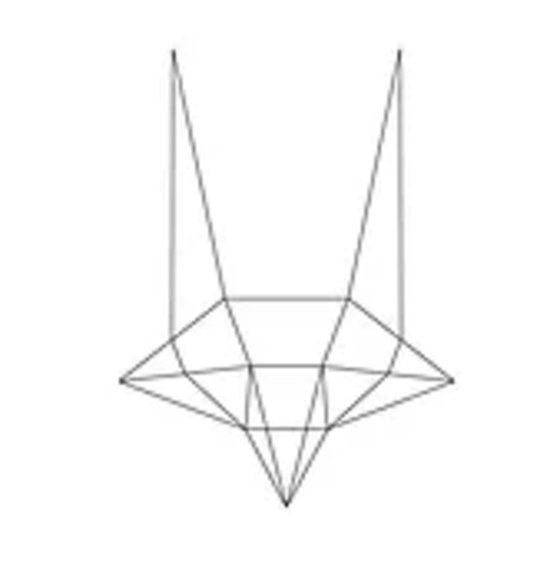
Urban Foxes
Urban Foxes is a non-profit organization striving for healthy, inclusive & co-created cities. Through youth work, workshops, non-formal education lectures & placemaking interventions we are aiming at the inclusion of all the stakeholders in the decision-making & co-creation process of city making. The last few years we have focused on the development and co-creation of non-formal learning tools such as apps, games and workshops on the matters of sustainability and urban themes. Thereby including and empowering young people in light of the 2030 Agenda and the SDG’s. We have been using a wide range of tools to do so, focussing on storytelling, gamification, collaboration, co-creating new narratives in order to engage young learners, making them engaged, informed and empowered. Recently our President has developed, together with the Flemish Government and Medialab Prado Madrid, a beta version of a game to work on air pollution with youngsters. We use tools on the cross-section of urban pedagogy, placemaking, environmental issues and range of creative fields and youth work. Next to advocating a handful of rights that are often forgotten & neglected in the urban environment, such as air quality, public space, urban playing, we are informing and including young citizens & stimulating them to become active in order to generate a positive impact on the liveability and wellbeing in cities.
Youth work plays an important role in Urban Foxes' mission as we believe that one can not start soon enough to involve young people in their local communities and in the matters of city making (policy, informing about urban issues). We believe that young people are not only the future but that they can be important actors for social change today. Young people have been in the driver seat of many important social movements, in the last decades. By taking the role of an active & critical citizen they can be important catalysts in placemaking actions & grassroots movements striving for healthy & inclusive cities. Urban Foxes has approximately 10-15 unpaid staff and 95 members across Europe. -
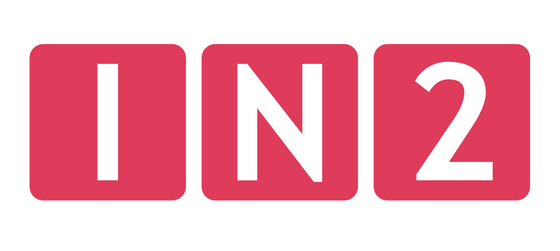
IN2 Digital Innovations GmbH
IN2’s mission is to provide software solutions that simplify how businesses and people collect, organise, discover and present digital content. IN2 employs AI methods and tools for building cutting-edge scalable software for the web & mobile. The company covers the whole spectrum of application development and provisioning from design, user interaction, software development and deployment from its own private cloud (DevOps). The core technology consists of an in-house AI-based content indexing, analysis, automatic annotation, management and publishing platform for all types of media (photos, videos, documents, audio files), on top of which the company builds customised solutions for vertical markets. The platform helps clients to search and find vast amounts of digital content for specific application domains, essentially offering highly customised and tailored “Google for X” solutions. The vertical markets we are active in are: broadcasting, tourism, events, cultural heritage and education.
With the IN2 platform we can realise many rich media applications offerings including: complete and easy to customise solutions for storing, managing, annotating and publishing of cross-media content, semantic annotation and tagging of images, time-based annotations and metadata of video files, document enhancement for assistive service support, map-based interfaces and search for geo-tagged photos, hyperlocal social interaction and sharing, search facilities beyond textual metadata and descriptions, faceted browsing and tailored visualisations of digital collections; and simplified navigation of vast digital assets, enabling speedy and smooth user access. IN2 has a strong experience in R&D activities and the transfer of that knowledge to the market.
IN2 is a Steering Board member of the New European Media (NEM). We have previously worked on building a flexible framework for multimedia management and publishing, creating content hubs for knowledge sharing, video-based learning archives, social media sensing and social media analysis, semantic annotation of web content using linked data, semantic recommendation engines, aggregating content from archives of media art and building one‐stop solutions for destinations to access and reuse thematic content. -
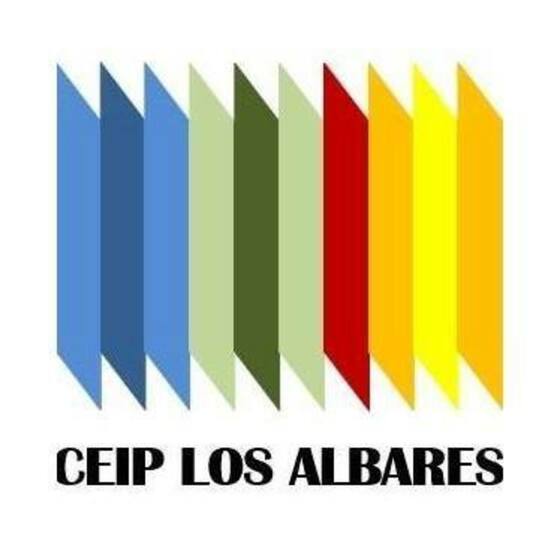
CEIP, Los Albares (Spain)
Los Albares School is a primary school. Our students are from 3 to 12 years old. Our school belongs to the Autonomous Government of Aragon. We are authorized to develop different programmes: It is a bilingual school that uses the Integrated British Council Curriculum. The students work with Samsung Tablets and digital material for the last two years of the school, year 5 and 6 (11 and 12 years olds). The introduction of a second foreign language: year 5 and 6 students start learning French as a foreign language. Development of Capacities: a teacher is in charge of working with students who have high capacities. They develop different projects along the year: radio workshop, programming with "Scratch", editing pictures and videos.
Since 2017 we have been participating in the NEMESIS project. NEMESIS stands for “Novel Educational Model Enabling Social Innovation Skills” and is a European project bringing together education and social innovation. NEMESIS represents a new approach towards the attainment of social innovation skills by combining innovative learning models, and participatory relations and processes. The objective is to foster entrepreneurial mindsets and creative thinking among primary and secondary students, allowing them to become the social innovators of tomorrow.
This year the school started a new project about radio. The local radio station is being used by teachers to work on communication skills with the pupils. Etwinning is a platform used by some of our teachers to develop projects. The University of Zaragoza collaborates with the school in several projects: Hipatia: we are studying how collaboration is taking place at the school, following Roger Hart’s ladder of participation. The objective of this project is to know what families, students and teachers think about the possibilities to participate at the school and how we can improve this participation.
Change makers schools: Los Albares School is coordinating an inter school project about “School Gardens and Healthy Diet”. The objective of this group is to design materials to help teachers to work with gardens at schools. There are six schools, from different backgrounds, participating in this project. This project focuses on: SDG 3: Health and well-being SDG 11: Sustainable cities and Communities SDG 12: Responsible consumption and production SDG 13: Climate change Our school is composed of 39 teachers, 501 students. 6 teachers are interested in being part of this project. -
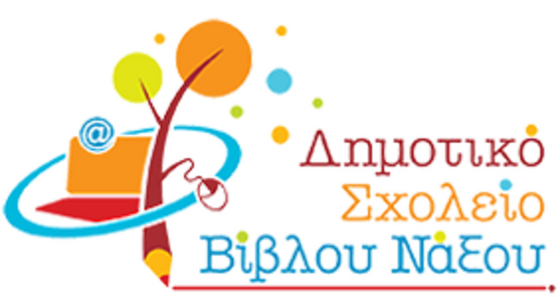
Elementary School of Vivlos Naxos
Biblos Primary School is a small regional school on the largest island of the Cyclades, Naxos. It is a school with a history from about 1837, in which today there are 78 students and a total of 16 teachers, while this year it has a school psychologist. The school has a culture of utilizing new technologies in the educational process, which is why it has an internet connection in all its areas and has interactive whiteboards installed in all classrooms. In addition, from 2003 until today, all teachers teach in the school and implement programs with the project method. The culture of implementing work plans on a variety of topics is pervasive, such as literacy, health education, environmental education, and in recent years efforts have been made to adopt the STEM methodology and the teaching of robotics. The most recent major program that the school has implemented and in which it participated as a partner was an Erasmus + program "Environmental Storytelling for Sustainable Development" coordinated by the National and Kapodistrian University of Athens.
The Primary School of Bible Naxos has collaborated in recent years with the Pedagogical Department of the University of Crete and in the Odysseas program, in which students in grades 5th and 6th participate using video conferencing technology to collaborate with other schools and teach subjects such as the humanities. values, the safe internet this year with the post-covid-19 era.
Blog
Latest News
Find news about the AGS project and how you can empower people to act greener.

Get involved
Contact us and take action
We look forward to your support and any questions and comments you might have.
